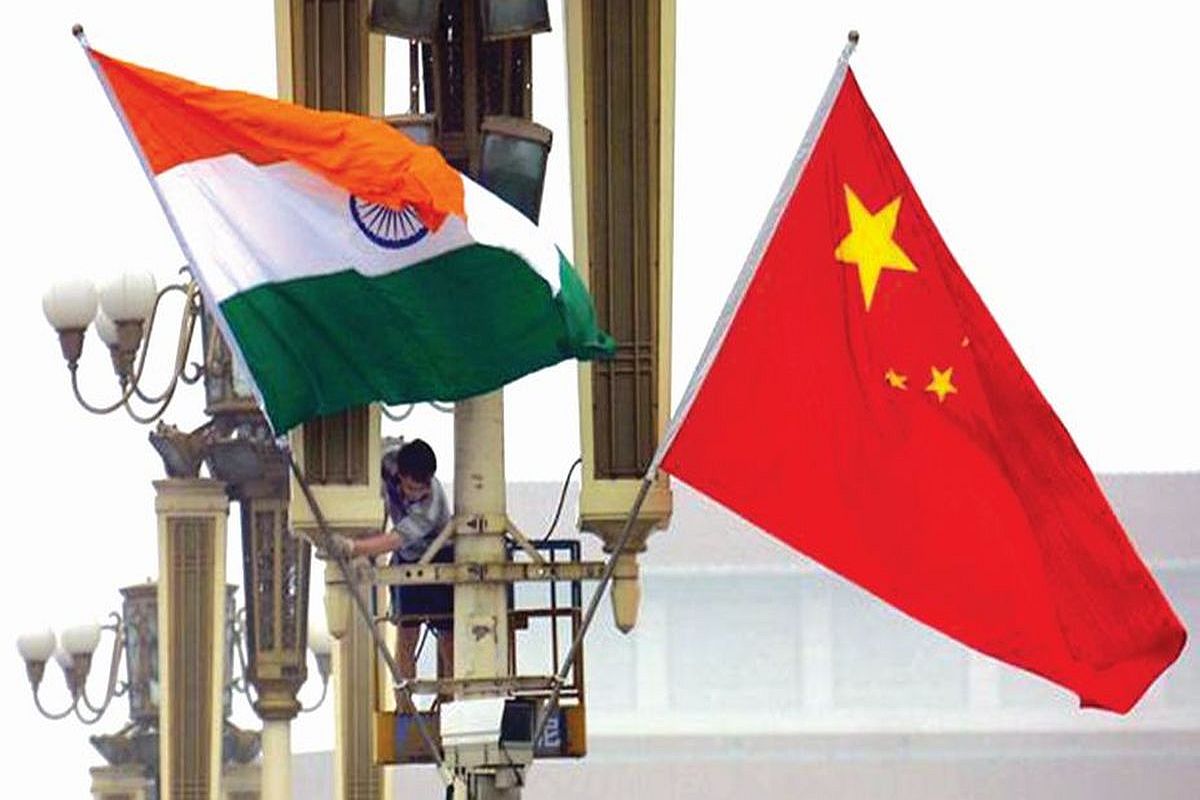In a rare admission, the Chinese Communist Party’s newspaper “Global Times” has stated “India has achieved outstanding results in economic development and social governance, and its great power strategy has moved from dream to reality.”
Writing an Opinion piece in the newspaper on 2nd January, Zhang Jiadong, director of the Center for South Asian Studies at Fudan University concludes: “India is indeed a major power, and rapid changes in internal and external strategies pose challenges to both itself and the international community.”
Advertisement
“It appears that a transformed, stronger, and more assertive India has become a new geopolitical factor that many countries need to consider,” he wrote.
The Global Times is a daily tabloid newspaper under the auspices of the Chinese Communist Party’s flagship newspaper, the People’s Daily, commenting on international issues from a Chinese nationalistic perspective.
The Chinese writer said “I recently visited India twice, marking my first visit in four years. During the trips, I found that India’s domestic and foreign situation have changed tremendously compared to four years ago. However, potential risks and crises have also begun to unfold.”
He wrote “What I feel about the ‘Bharat narrative’ in India,” Jiadong said “On the one hand, India has made great achievements in economic development and social governance. Its economy has gained momentum and is on track to becoming one of the fastest-growing major economies.”
Meanwhile, New Delhi has made progress in urban governance, he wrote. “Although the haze is still serious, the distinctive smell that hit you as soon as you stepped off the plane four years ago has generally disappeared. This suggests that public environment in New Delhi has improved somewhat,” he said.
Jaidong wrote that during his talk with Indian representatives, their attitude toward Chinese scholars was more relaxed and moderate, instead of being stubborn at times. For example, when discussing the “trade imbalance” between China and India, Indian scholars used to primarily focus on China’s measures to reduce the trade imbalance.
“But now they are placing more emphasis on India’s export potential, actively seeking to reduce the trade deficit with China by taking the initiative and increasing Chinese imports from India,” he wrote.
Furthermore, with its rapid economic and social development, India has become more strategically confident and more proactive in creating and developing a “Bharat narrative,” he said.
In the diplomatic sphere, India has rapidly shifted toward a great power strategy. Since Prime Minister Narendra Modi assumed power, he has advocated for a multi-alignment strategy, promoting India’s relations with the US, Japan, Russia and other countries and regional organizations. Now, India’s strategic thinking in foreign policy has undergone another change and is clearly moving toward a great power strategy.
Regarding the Russia-Ukraine conflict, India has distanced itself from the West and aligned itself more closely to the developing world, Jiadong wrote. At the same time, India’s reservations about Western powers have significantly diminished, and its activities within Western countries have become more frequent, extending beyond organizing large-scale diaspora events.
The article said “in the political and cultural spheres, India has moved from emphasizing its democratic consensus with the West to highlighting the “Indian feature” of democratic politics.”
“Currently, there is even more emphasis on the Indian origins of democratic politics. Former National General Secretary of the Bharatiya Janata Party Ram Madhav, has stressed the need for “India’s version of democracy,” the Chinese writer said.
“India not only seeks to escape the “political dwarf” resulting from its history as a colony, but also wants to act as a “world mentor” both politically and culturally. In December 2023, the Indian Council for Cultural Relations organized the first “Knowledge India Visitors Programme,” which brought together more than 77 scholars from 35 countries,” he wrote.
Indian External Affairs Minister Subrahmanyam Jaishankar emphasized the importance of building a strong “Bharat narrative” and explained the “Bharat narrative” in terms of economics, development, politics, and culture. Obviously, India no longer only regards cultural tradition as a channel to achieve its own interests or as a symbol to attract foreign tourists, but also sees it as one of the pillars of India’s status as a great power, the Chinese writer said.
“Changes like this in internal and external policy are in line with the logic of India’s long-held policy. India has always considered itself a world power. However, it has only been less than 10 years since India shifted from multi-balancing to multi-alignment, and now it is rapidly transforming toward a strategy of becoming a pole in the multi-polar world. The speed of such changes is rarely seen in the history of international relations,” the article said.









